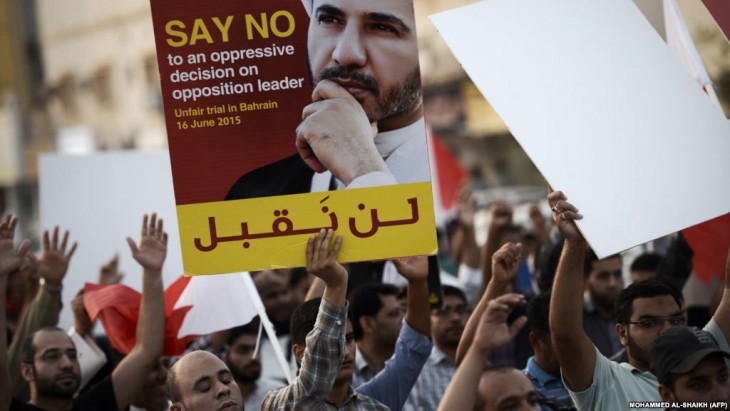The Armenian government refused to extradite Bahraini activist Fadhel Radhi back to Bahrain. Armenian authorities arrested Radhi on January 2, 2016 in the Yerevan airport on an international Interpol warrant requested by Bahrain. Radhi fled Bahrain to avoid a seven-year prison sentence on charges that human rights groups consider to be politically motivated. After his arrest in Yerevan, human rights organizations called on Armenian authorities not to extradite Radhi due to Bahrain’s record of torturing its domestic critics. In turning down the request for extradition, Armenian authorities based their denial of the request on a “number of flaws” in Bahrain’s extradition petition.
Human rights organizations have noted that Bahraini authorities have repeatedly pursued human rights, civil, and political activists internationally with the assistance of international agreements as part of a wider effort to suppress dissent. Additionally, they have documented the torture and mistreatment of opposition figures and protesters. While Bahrain has signed the United Nations Convention against Torture (CAT), it has not signed the Optional Protocol to the CAT. In assessing the extent to which Bahrain’s legislation is consistent with its UN treaty obligations, Americans for Democracy & Human Rights in Bahrain (ADHRB) additionally found that enforcement of existing Bahraini laws criminalizing torture is “sporadic at best, with torture as a practice continuing in Bahraini jails and prisons.” During Bahrain’s previous Universal Periodic Reviews (UPR) in 2012, several countries recommended that it change its legislation to reflect international human rights law in regards to torture. Even though Bahrain accepted a number of these recommendations, torture and mistreatment of detainees remains in the Kingdom.
Tyler Pry is an Advocacy Intern at Americans for Democracy & Human Rights in Bahrain
Photo courtesy of Massis Post





